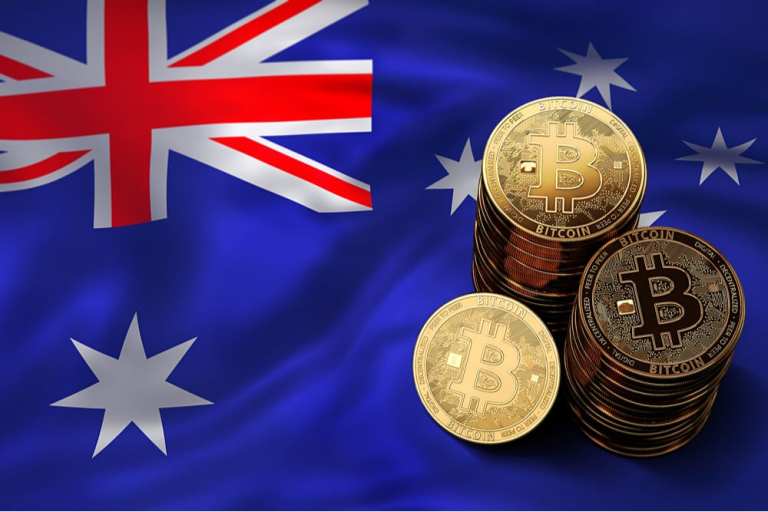Bitcoin Daily: Australia Sees Rise In Crypto-Asset Scams; Sweden’s Central Bank Eyes Options For Digital Currencies

The Australian Securities & Investment Commission (ASIC) has reported an increase in the volume of investment scam reports by investors and consumers in Australia amid the pandemic, according to a press release.
ASIC indicated that misconduct complaints received by the body from March to May of this year had risen 20 percent over the same timeframe in 2019. It said it is especially worried about the risk that investors and consumers face as they purchase bogus crypto assets.
ASIC said that schemes could be organized in different ways, but reports that it has received have like characteristics. Scammers will many times ask for payment to an individual or firm into many or continuously changing bank accounts. They also often show bogus endorsements for well-known figures or governmental units as well as present a variety of investment opportunities that “sound safer than they are.”
“While reports from the public provide ASIC with valuable intelligence,” the organization said, “scammers are difficult to catch, and lost money can be difficult to recover, especially when they are operating outside of Australia.”
In other news, the oldest central bank globally, Riksbank of Sweden, has examined the feasibility of central bank digital currencies (CBDC) and found the pros and cons between different models, CoinDesk reported.
Riksbank put forward through an economic review four models for providing the eKrona — or a virtual Swedish krona — in addition to the extent to which various models would align with its policy goals.
The document said, per the report, “We have seen that all models would have advantages and disadvantages, but some seem better at fulfilling the current needs of the Swedish payment market than others.”
The four models taken into consideration include a centralized model that has intermediaries, a centralized eKrona set-up that doesn’t have intermediaries, a synthetic eKrona, and decentralized solutions that have intermediaries.
The bank aims to serve as a lender of last resort, offering tools that maintain financial stability and supporting a unit of account as well as steady store of value.